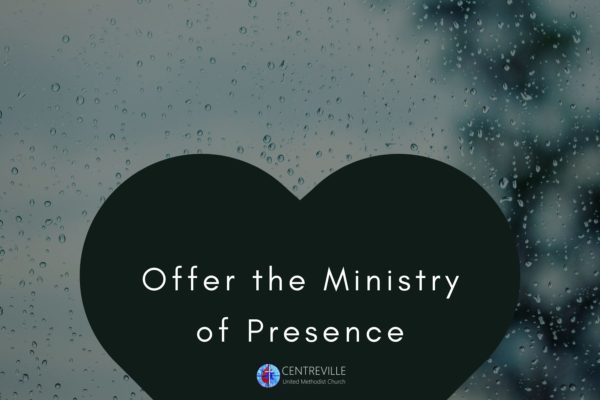Weekly Devotion with Kim Wu
I don’t share the particulars of my story with many people. Partly because it is not completely my story to share. But it’s also because I’ve been left hurt and disappointed by some when I have.
“At least you...” When people start their sentence with this phrase, their intention is to help you be grateful for what you do have, or to help you see it could be much worse. Gratitude practices, such as listing three things for which you are grateful each day, is a great way to widen your perspective.
But problems can arise when someone else tries to move us in the direction of gratitude before we are ready to start making that shift ourselves. “One of the most hurtful things we can do is to make mourners justify their pain.” (Shai Linne) The grief process, which we all go through when life takes unexpected difficult turns, is unique to each individual, and in most cases should not be rushed by well-meaning friends.
When I’m sad and expressing that feeling to others, is usually not the time for a pep talk.
There was a story I heard recently on a podcast about a woman who had a brain disorder, and she would sometimes suddenly collapse. This happened once when she was out in public by herself. She said many people rushed to her aid, and were trying to help her get back onto her feet. The problem, she said, was that her brain wasn’t ready yet to get her on her feet. What she needed was not help getting back up, but for someone to sit with her on the floor until she was ready to stand again.
What the woman needed in that moment was the ministry of presence.
In the book of Job, we see Job’s friends offer the ministry of presence when they first hear of Job’s plight. They sit with him for seven days and seven nights, and say nothing. They merely join him in his mourning. Problems began to arise when they finally opened their mouths and began discussing and debating the reason for Job’s suffering.
Most of the time it is better to just be a good listener, and offer comfort and support.
Offer to pray for your friend, right there on the spot. Even if it’s just a simple prayer, like “Lord, please be with my friend.” Offer a comforting hug, or sit close, and offer your hand. Name what they are going through and say, “I’m so sorry. That’s really hard.” Leave the advice for the time when they ask for it, and save your stories for later. Sometimes, when the grief isn’t too fresh, you can speak words of affirmation and remind them of times when God has been faithful, because crisis can create memory loss of those things. And share scripture, focusing on Jesus’ presence with them, and the hope He offers, because there is healing power in God’s Word.
Lord, wounded as each of us are, make us healers through the ministry of presence to others. Amen.

